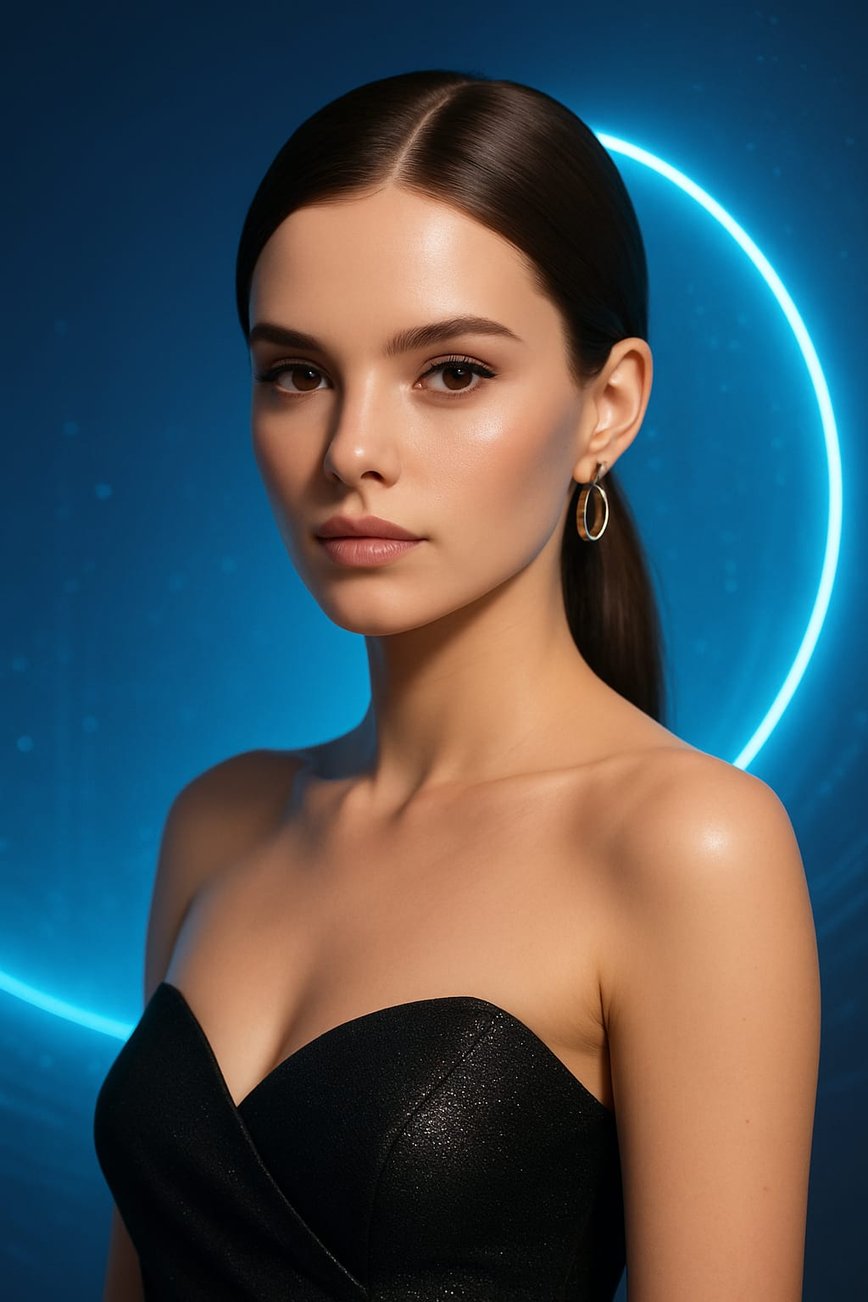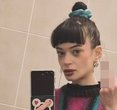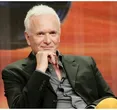
Ai Celebrities Take Over: The Rise Of Digital Stars - BABEOfficial 2026

They don't sleep, age, or cancel themselves – and they're stealing the spotlight from real humans. The influencer landscape once belonged to the beautiful, the bold, and the loud. Now, it's dominated by something entirely different: code. In 2025, AI-generated influencers have officially gone mainstream – starring in brand deals, fashion campaigns, and even movie trailers. They post daily, engage flawlessly with followers, and never spark scandals. The internet is obsessed, but also a little unsettled.
From CGI Models to AI Celebrities
A few years ago, virtual influencers like Lil Miquela were seen as quirky art projects. Now, they're a booming industry. Modern AI tools can create photorealistic characters with unique voices, emotions, and personalities – trained to be the perfect public figures. They don't need makeup artists or managers. They don't age, argue, or demand higher pay. They can speak any language, post at 3 a.m., and look flawless under any lighting. Brands love them because they're predictable, polished, and programmable.
Why Brands Are Going All-In
AI influencers are fast becoming marketing gold. According to 2025 trend reports, companies are saving up to 60% in production costs by using AI-generated talent instead of human models. Fashion houses, tech brands, and even beverage companies are jumping in. Imagine a model who can instantly pose in every outfit of the new collection – or a pop star who never misses a rehearsal. One marketing executive recently admitted, "It's not about replacing humans. It's about controlling chaos." But that control may come at a cultural cost.
The Psychology of Digital Fame
Followers know these characters aren't real – and yet, they care. Fans comment, flirt, and even write fanfiction about AI influencers as if they were real people. Why? Because these digital personas are designed to be emotionally satisfying. They mimic the ideal influencer: empathetic, confident, and aesthetically perfect. But beneath the surface, there's a deeper phenomenon – people are forming parasocial relationships with algorithms. That means emotional bonds with personalities who can't love, hurt, or grow like we do. It's connection without vulnerability – and that's both fascinating and frightening.
The Human Response
Not everyone's cheering. Real influencers, models, and artists are pushing back. Many argue that AI influencers steal opportunities from humans while copying their creativity.
"It's hard competing with something that doesn't exist," says one fashion model who recently lost a campaign to an AI-generated "face."
Artists worry about identity theft – when their likeness or voice is used to create virtual personalities without consent. And if the audience can't tell what's real anymore, where does authenticity fit in?
The Future of Fame
Despite the controversy, the AI celebrity era is only getting started. Next-gen models aren't just visual anymore – they're interactive. You'll soon be able to text, voice call, or even "collaborate" with your favorite AI influencer. Some futurists believe this could redefine entertainment entirely: personalized influencers who grow with your preferences, evolve with trends, and exist in your virtual world. But there's one thing they still can't replicate – the unpredictable, messy, and emotional core of being human. Maybe that's the secret to staying relevant in a synthetic world: being beautifully imperfect.















